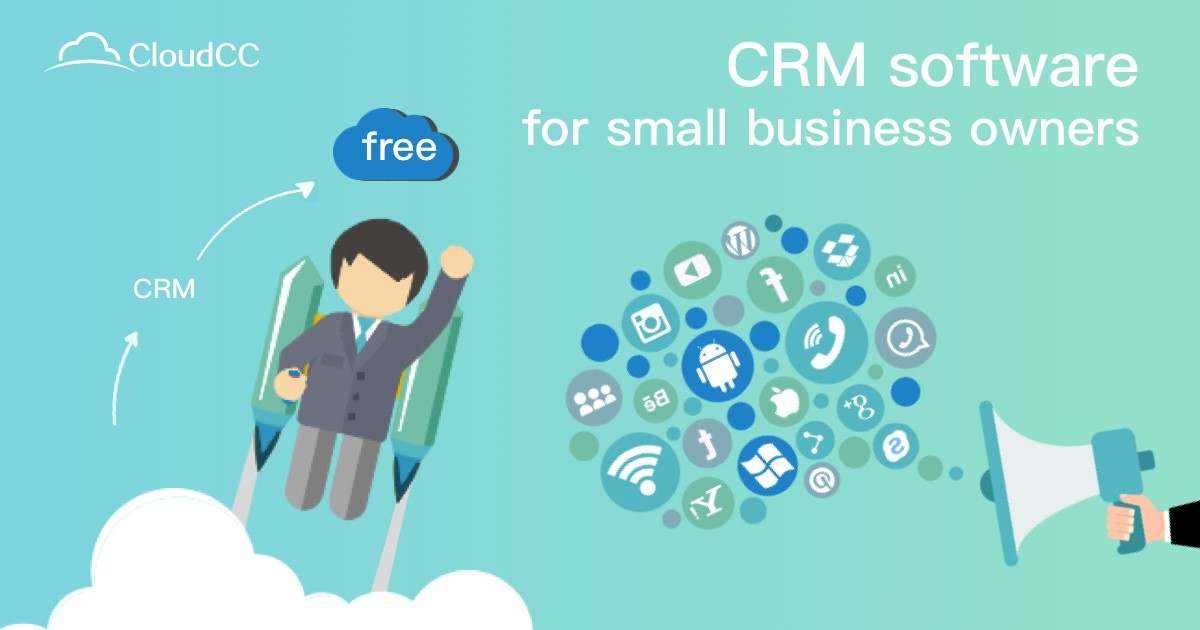
How CRM Software Can Transform Businesses and Drive Growth
November 5, 2025In the competitive business landscape of today, maintaining strong customer relationships is essential for growth and long-term success. CRM software has emerged as a powerful tool that helps companies manage interactions, streamline processes, and gain valuable insights into customer behavior. By centralizing data and automating workflows, CRM solutions provide significant advantages across sales, marketing, and customer service operations.
One of the primary benefits of CRM software is improved customer relationship management. By storing comprehensive customer information — including contact details, purchase history, preferences, and feedback — businesses can deliver personalized experiences that enhance satisfaction and loyalty. This targeted approach not only strengthens client relationships but also increases the likelihood of repeat business and referrals, creating a positive impact on revenue.
Another major advantage is enhanced operational efficiency. CRM systems automate repetitive tasks such as lead tracking, follow-up reminders, and email marketing campaigns, allowing teams to focus on strategic initiatives rather than administrative work. Sales teams can track leads through the entire pipeline, monitor performance metrics, and forecast sales trends, ensuring timely actions that maximize conversion rates.
CRM software also provides data-driven insights that help businesses make smarter decisions. Advanced analytics and reporting features enable companies to identify patterns, understand customer behavior, and uncover new market opportunities. Marketing teams can segment audiences more effectively, run targeted campaigns, and measure ROI with precision. Meanwhile, customer service teams can anticipate client needs, respond quickly to inquiries, and resolve issues efficiently, improving overall satisfaction.
Furthermore, many modern CRM platforms are cloud-based, offering seamless access to real-time data from any device. This flexibility supports remote teams, multi-location operations, and collaboration across departments. Integration with email, social media, and other business tools creates a unified ecosystem that simplifies communication and improves coordination.
By implementing CRM software, businesses can boost revenue, reduce costs, and strengthen brand loyalty. The ability to manage customer relationships effectively, optimize internal workflows, and leverage actionable insights gives companies a competitive edge in today’s dynamic market.
In conclusion, CRM software is not just a tool for tracking contacts; it is a strategic asset that transforms the way businesses operate, helping them deliver exceptional customer experiences while driving sustainable growth and profitability.









